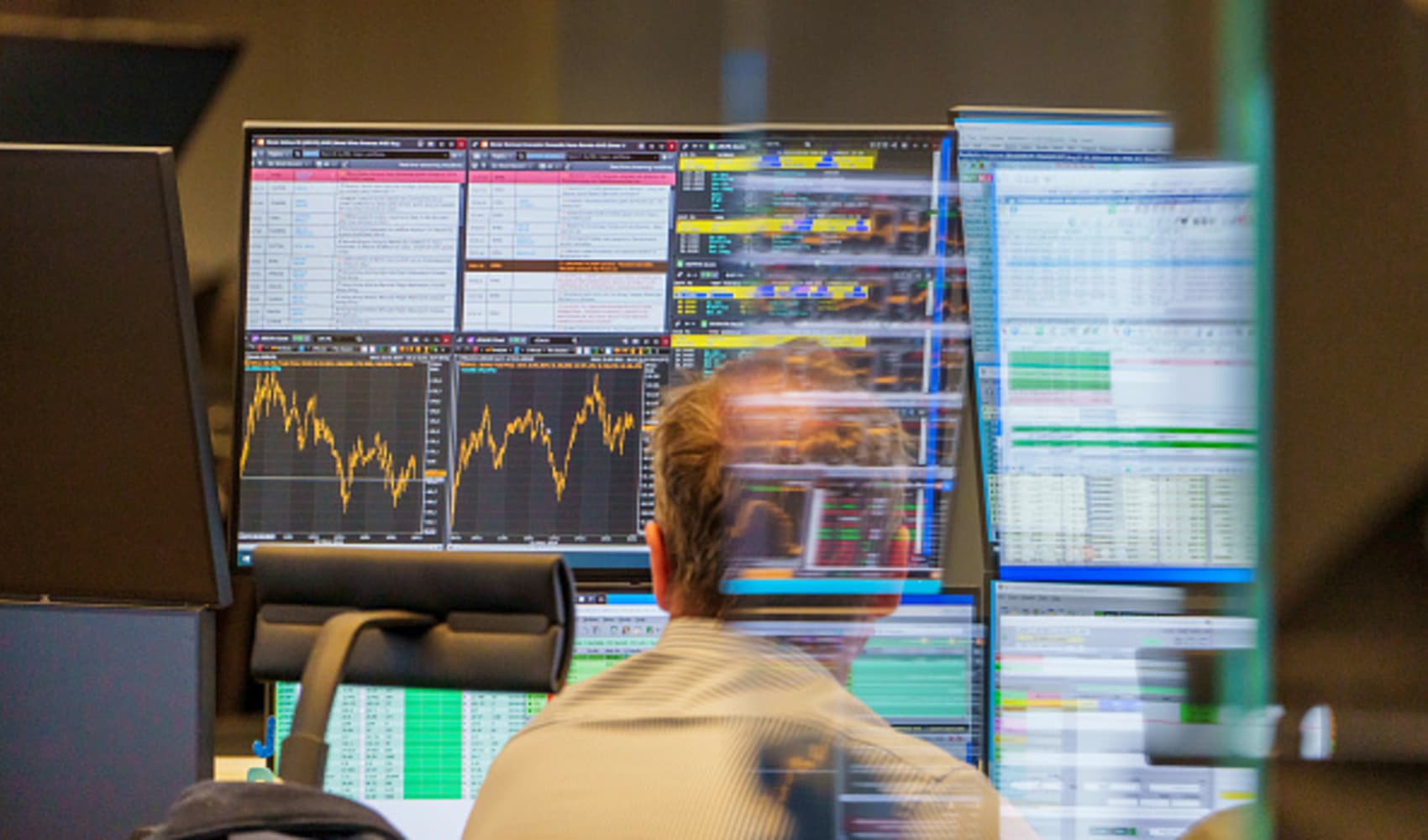
- The amount being allocated is part of Robinhood's push to help smaller investors access initial public offerings.
- It's uncertain right now how many shares will ultimately be available or what the per-share price will be.
- It's important to be sure you understand a company's financial picture and the risks that come with investing in it.
If you invest through Robinhood, you may get early access to shares when the company goes public.
The online brokerage is reserving 20% to 35% of shares to be sold in an initial public offering for its customers, according to its most recent regulatory filing. While it's uncertain exactly what the per-share price will be or how many shares will be available, experts advise approaching any IPO with caution.
"There's the potential for a lot of volatility with an IPO as the market sorts out what the real value of the company is," said certified financial planner Douglas Boneparth, president of Bone Fide Wealth in New York.
Get Connecticut local news, weather forecasts and entertainment stories to your inbox. Sign up for NBC Connecticut newsletters.
IPOs essentially involve private companies becoming publicly traded ones.
That is, company shares are sold to the public and then can be bought and sold on public exchanges, such as the Nasdaq — where Robinhood plans to trade under the ticker symbol "HOOD" — or the New York Stock Exchange.
Money Report
So far this year, there have been 215 new listings, nearly as many as the 218 IPOs in 2020, according to Renaissance Capital. It was the busiest year for IPOs since 2014 when there were 274.
Robinhood's plans come amid its push to give retail investors better access to IPOs, which are usually reserved for wealthier brokerage clients and institutional investors (i.e., mutual funds, hedge funds, endowments, etc.).

Typically, smaller investors must wait until shares start trading on an exchange. And at that point, they might be paying more than those who got in early. The average first-day return for IPOs last year was 41.6%, according to data from IPO expert Jay Ritter, a finance professor at the University of Florida.
Robinhood's early shares for customers would be available through the app's own IPO platform. SoFi Technologies is another financial-technology company that now allows individual investors to get in on new offerings.
While these moves may broaden who can participate, experts say it won't change the risk that comes with IPOs. Nevertheless, if you are interested in participating in an IPO — whether Robinhood or another — there are some things to know.
More from Personal Finance:
Here’s a guide to build wealth, decade by decade
It’s time for a midyear tax checkup. How to stay on track
How to spend smarter as consumer prices rise
For starters, even if you are able to request shares early, it doesn't mean you'll receive the amount you want. Generally, the more demand there is for any given IPO, the harder it is to snag shares of your own.
"If many of Robinhood's 18 million clients want to buy shares, they will only receive a few shares per account," Ritter said.
Conversely, if there is lukewarm interest, you're more likely to get shares. Some IPOs are already easier to access — at least for wealthier retail investors — because there is less demand from institutions. That includes real estate investment trusts and business development companies, as well as a special purpose acquisition company, Ritter said.
You also need to do your due diligence.
That includes checking out the company's S-1 filing with the Securities and Exchange Commission to scrutinize the balance sheet and find out the potential risks of investing in the stock. SEC Form S-1 is the initial registration form for new securities required by the agency for public companies based in the U.S. (Robinhood filed its S-1 on Thursday.)
Also, while many IPOs come out of the gate strong, that's not always the case. And, it doesn't mean the price will keep going up.
Of course, if a stock falls in its trading debut or soon after, it doesn't mean it won't go back up again. But you could be waiting a while.
For example, Facebook — which now trades around $353 — debuted in May 2012 at $38 share. By September of that year, it had dropped below $18. It took another year for it to climb back up to its initial offering price.
Robinhood is a five-time CNBC Disruptor 50 company that topped this year's list.
Sign up for our weekly, original newsletter that goes beyond the list, offering a closer look at CNBC Disruptor 50 companies, and the founders who continue to innovate across every sector of the economy.






